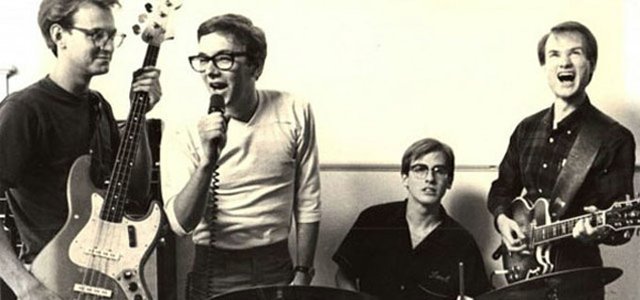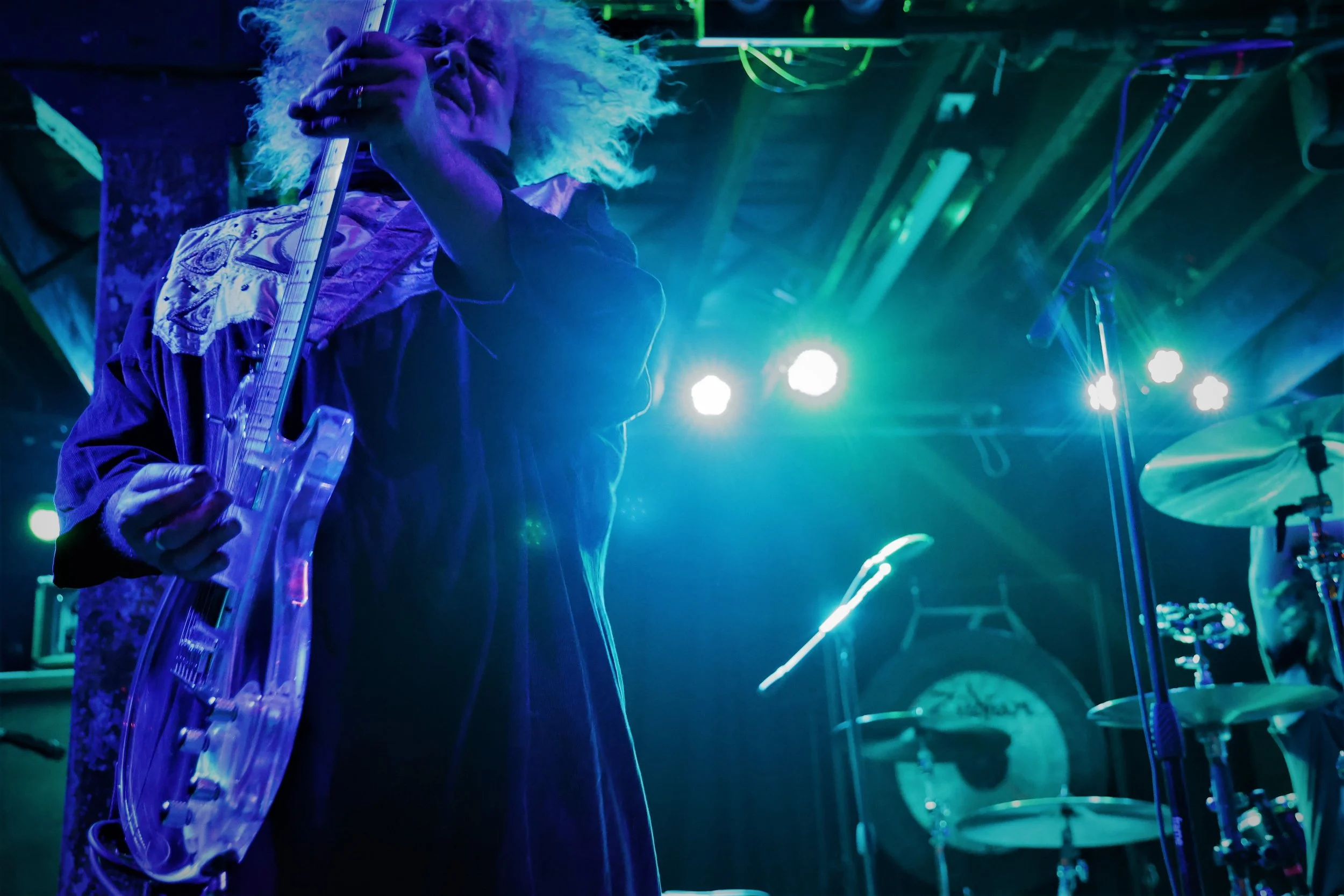The Embarrassment Doc Doesn't Embarrass

The Embarrassment
“We Were Famous, You Don’t Remember” at the Broad Theater tells the story of how rock ‘n’ roll helped people grow up in Wichita, Kansas in the ‘70s.
[Updated] When X first traveled from Los Angeles to New York to play CBGB’s in the late 1970s, there were no gigs along the way to help pay food and gas costs along the way. No musical infrastructure existed for indie bands that didn’t already have established, substantial audiences, but by the mid-1980s, a network of small venues dotted the country. R.E.M., Black Flag, The Meat Puppets and countless other bands could find sympathetic media in campus radio stations and build an audience one shithole at a time.
While many of those groups have become legendary, some worthy bands didn’t last as long or have the same impact. A new documentary, We Were Famous, You Don’t Remember: The Embarrassment tells the story of Wichita, Kansas’ entry in that first generation of indie pioneers, and it’s showing now through Wednesday at The Broad Theater.
The movie by Daniel Fetherston and Danny Szlauderbach isn’t the story of an also-ran. The Embarrassment wrote oddly shaped songs with choruses that came as surprises or worked in unexpected ways, and guitarist Bill Goffrier’s guitar could sound inspired by The Buzzcocks on one song and The Gang of Four on another. The songs were exuberant and joyful, and when John Nichols sang, “I’m going on a sex drive,” there’s not a hint of sleaze or conquest. He sang as if he loved Saturday night and all its possibilities as much as his own creativity for finding fresh life for the clinical phrase.
Those idiosyncrasies, along with seemingly free-associated lyrics for songs like “Celebrity Art Party” and “Elizabeth Montgomery’s Face,” made the band an acquired taste. “D-Rings” paddles around until it lands on the phrase “they won’t be coming back,” at which point the music locks in and the phrase itself comes back again and again and again. The disparate energies in “Careen” unite to drift the car hard to the left when Nichols sings the title.
We Were Famous, You Don’t Remember runs through the band’s story, but more than being about the rise and demise of The Embarrassment, it’s about how rock ’n’ roll affected teenagers living in Kansas in the 1970s. Fetherston and Szlauderbach pick up the members’ stories as teenagers in high school transformed by Bowie and eventually punk. The movie doesn’t make this point, but early on I flashed on the scene from Sofia Coppola’s The Virgin Suicides where the teenaged boys and the Lisbon sisters played records by Todd Rundgren, Gilbert O’Sullivan and Carole King to each other over the phone, using rock ’n’ roll as their language. The Embarrassment doc implies that rock ’n’ roll played a similar role in their lives. It was more than just the soundtrack to Saturday night; it helped the members grow into the people they become.
The movie is outside the VH-1 Behind the Music storytelling model, so when It tracks the members through their unsuccessful punk phase, it’s not presented as a setback but as another cool experience that helped them discover themselves and the band they’d become.
The movie doesn’t dwell on why they didn’t become bigger because it’s not that hard to figure out. Wichita was a tough place to start from with a lot of farmland between audiences and paydays. They started more than two hours from Oklahoma City and Kansas City, and six hours from St. Louis. That made it hard to get in front of people to try to win them over with their homemade rock ’n’ roll. Fortunately, The Embarrassment story has a few interesting twists that suggest some useful truths about how rock ’n’ roll and bands fit into people’s lives.
There’s always an element of fan service in rock docs, and We Were Famous, You Don’t Remember is no exception. But when people who were part of the underground music scene in Wichita talk about great times and shows with The Embarrassment, it’s easy to understand their stories as moments that were formative to them. When you watch a rock doc about something in New York, L.A., Chicago, Seattle or maybe Athens, it’s easy to feel ripped off that you weren’t there and missed out. Nobody feels that kind of romance and jealousy for the middle of Kansas, so we understand people’s stories as specific to them and process what they say accordingly.
We Were Famous, You Don’t Remember works well because Fetherston and Szlauderbach stay true to The Embarrassment’s spirit. A band from the uncool center of the country with four members who all needed glasses couldn’t pull off the vibe of the newest, hippest thing, so they didn’t try. The movie similarly doesn’t try to make the case for their unacknowledged greatness; it simply tells their story and trusts the band, its story, its music and the audience to put the pieces together. That unassuming confidence makes the movie, like the band, easy to enjoy.
Updated August 28 at 9:28 p.m.
The sequence of words in the title was wrong in the story as initially published. They have been corrected. Also, the run at the Broad will end on Wednesday night.
Creator of My Spilt Milk and its spin-off Christmas music website and podcast, TwelveSongsOfChristmas.com.






